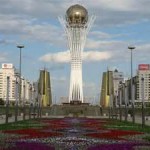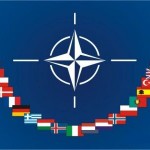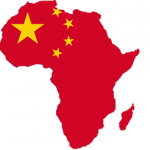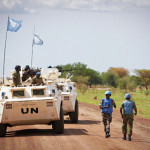Jeff Dwiggins: Kapok Tree Diplomacy. All rights reserved. March 2010.
Dominant Issues in Free Trade and the International Economic System – FREE CONTENT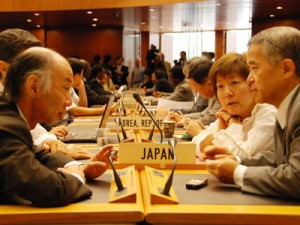
This study will analyze some of the most important themes of global trade beginning with the effects of globalization and interdependence on developed and developing countries and the benefits of trade liberalization. Institutional leadership and governance are discussed, and the argument is made for free trade over protectionism with the caveat that protectionism may have a place in the strategies of developing countries. The paper reviews the advantages of bilateral over multilateral agreements, the impact of technology on the diversification of trade, and how the elimination of barriers to trade and agreement on certain agricultural issues and subsidies would open up free trade to more players. The paper concludes by offering differing opinions on how best to help developing nations.
The views and opinions expressed in this paper are completely my own and do not represent the views or opinions of the Department of Defense (DoD), the Department of the Navy (DON) or any of the Armed Forces.
Section One – Globalization and Interdependence
The National Intelligence Council (NIC) describes globalization as a “growing interconnectedness reflected in the expanded flows of information, technology, capital, goods, services and people throughout the world” (“2020 Project”). One way this growing interconnectedness has manifests itself is in the sheer size of the world economy and the number of new economic powerhouses rising to prominent places on the global stage. The NIC states, “The world economy is projected to be about 80 percent larger in 2020 than it was in 2000, and average per capita income to be about 50 percent higher” (“2020 Project”). Read more

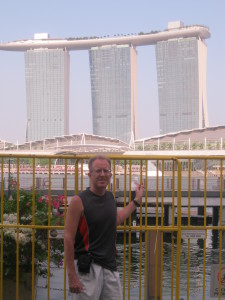
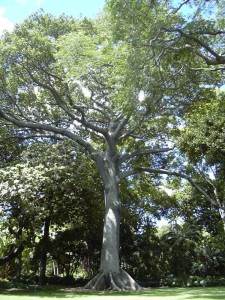 Welcome to Kapok Tree Diplomacy. The kapok tree is a towering and majestic tree native to tropical rainforests, rising to heights of over 150 feet, and providing food and shelter to hundreds of plants and animals dependent on the sunlight found above the canopy. The aim of this foreign affairs-related site is to provide a similar source of light and resources in the form of detailed inquiry into the complex issues of international relations as analyzed through the worldview and prism of the theistic Christian worldview. As a student and practitioner of international relations as well as a Christian, I tend to follow in the footsteps of a far more accomplished scholar who was well known for blending the Christian worldview into his own keen analysis of foreign affairs –
Welcome to Kapok Tree Diplomacy. The kapok tree is a towering and majestic tree native to tropical rainforests, rising to heights of over 150 feet, and providing food and shelter to hundreds of plants and animals dependent on the sunlight found above the canopy. The aim of this foreign affairs-related site is to provide a similar source of light and resources in the form of detailed inquiry into the complex issues of international relations as analyzed through the worldview and prism of the theistic Christian worldview. As a student and practitioner of international relations as well as a Christian, I tend to follow in the footsteps of a far more accomplished scholar who was well known for blending the Christian worldview into his own keen analysis of foreign affairs –